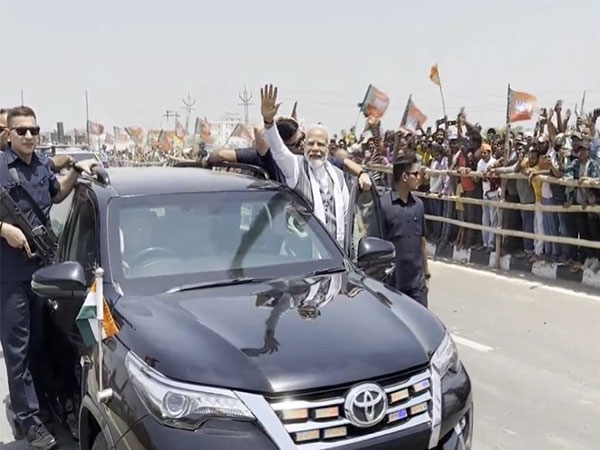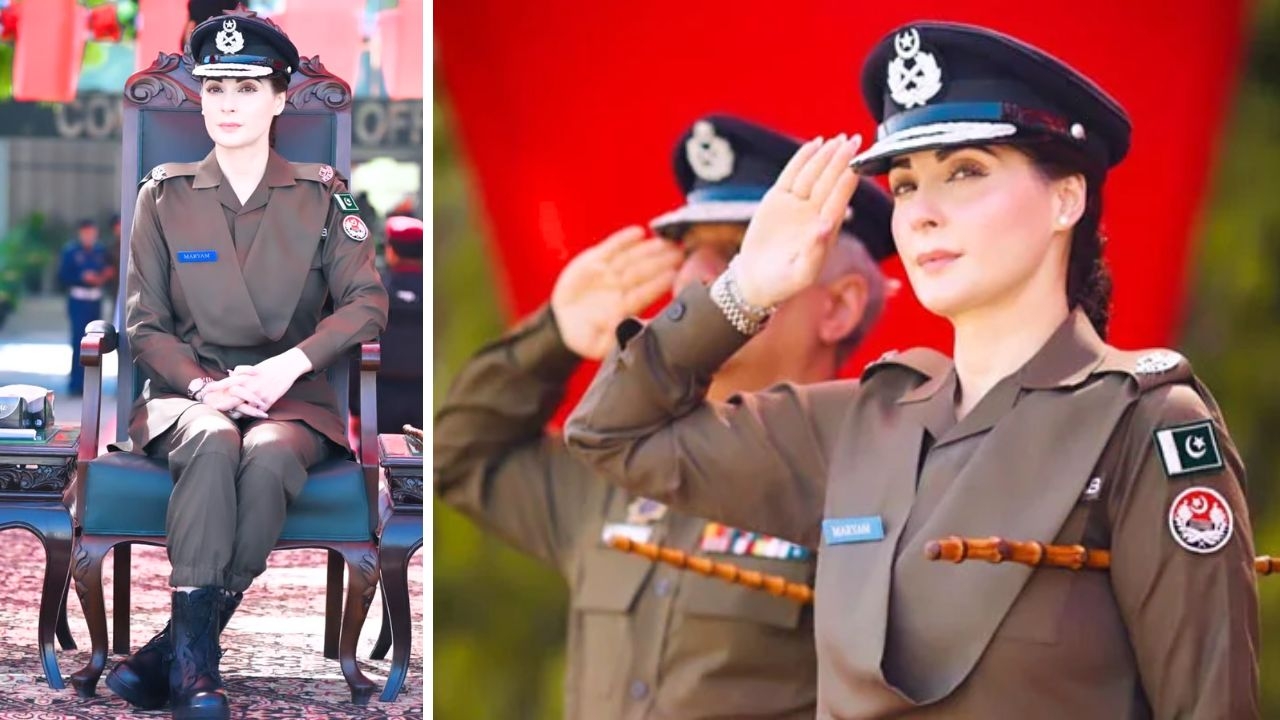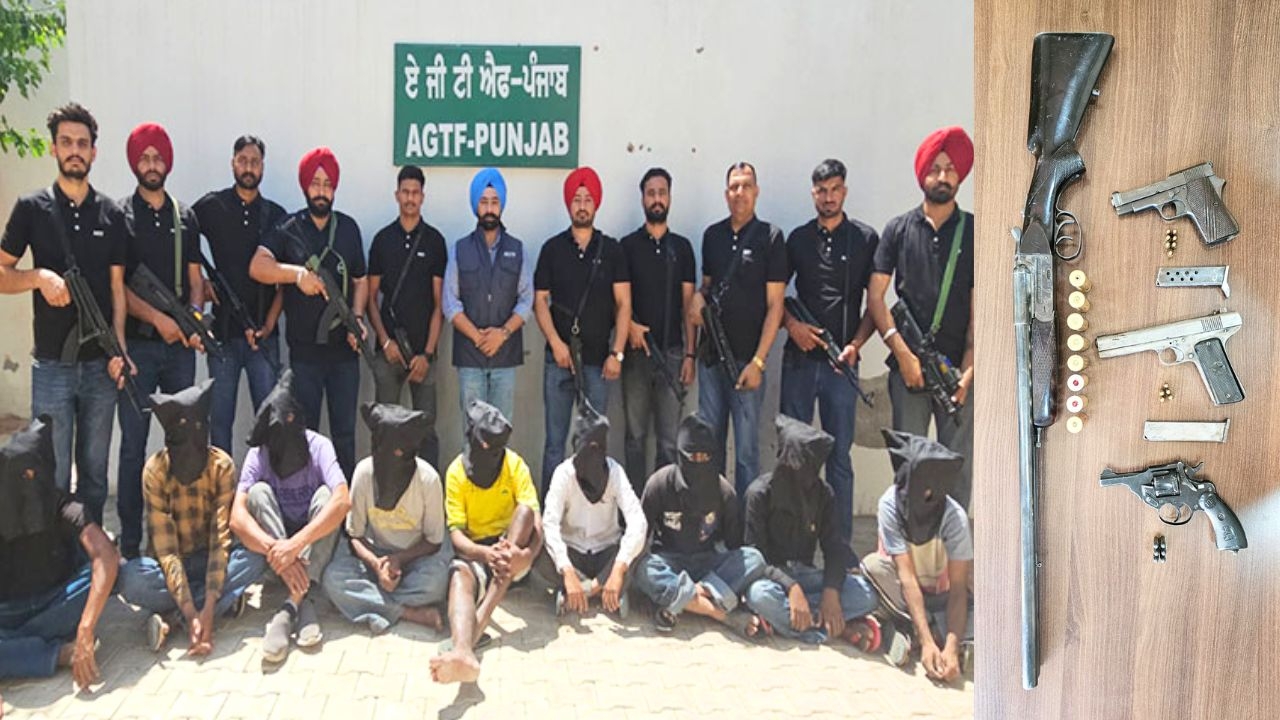The time for mucking about is over: SC gives BCCI six months to clean up
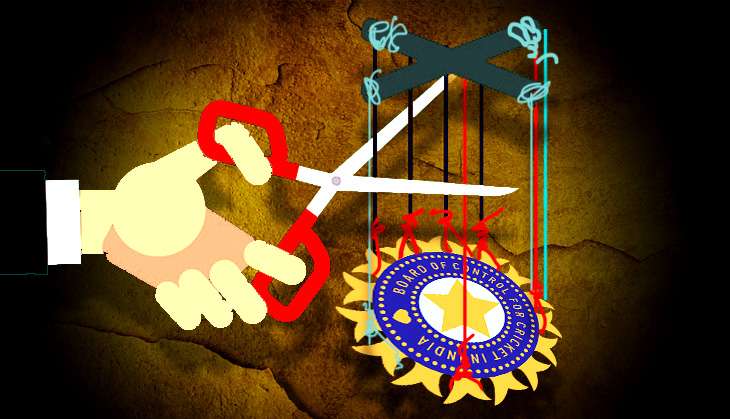
- SC has given the BCCI six months to implement the Justice Lodha Committee recommendations
- BCCI can still file a curative petition, but its days of running and hiding seem to be over
- Ministers and civil servants can\'t hold any posts in the BCCI
- A nominee from the Comptroller and Auditor General will make BCCI committees more accountable
- Each state will have only one vote in the BCCI, ending Maharashtra and Gujarat\'s dominance
- The points the SC has asked Parliament to decide upon
- Why all this is good news for India\'s cricket-loving public
One key element of any fight between the district's best prize fighter and the village idiot is this - the latter can run, but he can't hide.
He can run around the ring, try to hide in corners that don't have any hiding place, try wailing and being dramatic, maybe even hide behind the referee. But all the fighter needs to do is bide his time, and land one telling punch.
The contest between the Supreme Court and the Board of Control for Cricket in India (BCCI) is even more of a no-contest. After all, it's the court's ring, its rules, and even the referee is a committee appointed by it!
Nevertheless, the BCCI did make a valiant attempt to hide. But as we all knew, it was just a matter of time before the punch landed, as it did on Monday, 18 July.
The key changes
The Justice Lodha Committee's recommendations are not new, so it really isn't necessary to repeat them all here. Suffice it to say that the Supreme Court was largely in agreement with most of them.
Also read -Lodha Report: great ways to clean the BCCI. And why one can't count on it
The interesting ones are those that may affect the political ambitions or the BCCI aspirations of any who have fingers in both pies.
Ministers will no longer be allowed in the BCCI. So, any politicians who are ministers will either have to relinquish their posts in the Board, or their ministries. Equally, those who have any ambitions of becoming ministers in the future (one assumes this includes Chief Ministers) will have to re-think their plans.
The same applies to civil servants. You can be in the administrative services, or in the BCCI. That is an easy option, one assumes, since no civil servant worth his salt would leave his job for a few free passes.
The inclusion of a nominee from the Comptroller and Auditor General (CAG) is something that the three-member Lodha Committee had also suggested. This one would also be interesting, since it would have an effect on all the bidding etc. for everything ranging from broadcast rights to putting up tents outside the stadium - a slew of activities that have frequently been misused in the past.
Punch in the gut
One other serious punch in the gut that had sent BCCI scurrying was the one-state-one-vote recommendation, which has also been accepted.
Now, to be in the seat of power in the BCCI, one has to go through the rather (in)famous voting system, wherein, often, presidents have been elected or defeated by a solitary vote, including a folklore contest between Jagmohan Dalmiya and Sharad Pawar.
So, for any of the zones to have a multitude of voting entities within the same state was always a huge weapon.
Take the cases of Maharashtra and Gujarat. In what is a legacy of the days when Indian cricket was more or less ruled by the West Zone, Maharashtra has four voting bodies - the Mumbai Cricket Association, the Maharashtra Cricket Association, the Vidarbha Cricket Association and the Cricket Club of India (CCI). Gujarat, meanwhile, boasts the Gujarat Cricket Association, Baroda and Saurashtra.
This was one recommendation that the BCCI had fought tooth and nail, since voting power is everything when it comes to ruling.
So the Supreme Court's ruling that states like Gujarat and Maharashtra will have voting rights by rotation was a punch in the solar plexus that the BCCI didn't need.
Ball in Parliament's court
There has been a lot of hue and cry, among those with limited knowledge, about bringing the BCCI under the Right to Information Act.
Limited knowledge simply because RTI applies exclusively to government ministries and bodies, and even there, there are specifications about who is or isn't under its ambit.
BCCI has been registered as a society, and the RTI Act, in its current form, does not apply to societies.
The Supreme Court has taken tacit cognisance of this fact, and has put the ball in the government's court, through Parliament, to decide whether the BCCI can be brought under RTI.
The same applies to legalising betting in cricket. That too, the Supreme Court has left to Parliament.
Other recommendations
As for the rest of the recommendations, like 'one person, one post', and the cut-off age of 70 years for any office-bearer, is something that even the BCCI would accept, proviso it manages to escape the heavy blows.
At the same time, the scrapping of the administrative committees once there is a CAG representative on board will deny the office-bearers yet another lucrative handle.
There are some decisions the Supreme Court has left to the BCCI, and rest assured, nothing will change in those.
BCCI may have some legal options open still, like a curative petition, but in essence, its days of running and hiding are over. The big guns in the BCCI would have realised by the tone of the apex court that this is it. Give in or give up.
One is still not sure if the said changes will completely alter the face of Indian cricket. But at last there would be some sanctity in the goings-on. After all, any change in the BCCI can only be for the better.
Edited by Shreyas Sharma
More in Catch - Death knell? Here's how Lodha panel reforms will affect BCCI
SC sets 6-month deadline for BCCI to implement Lodha panel reforms
First published: 18 July 2016, 10:37 IST
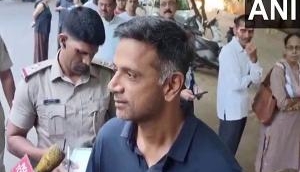


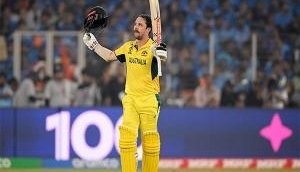
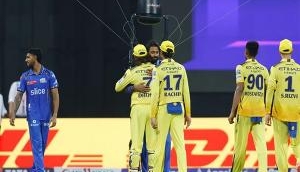
![BJP's Kapil Mishra recreates Shankar Mahadevan’s ‘Breathless’ song to highlight Delhi pollution [WATCH] BJP's Kapil Mishra recreates Shankar Mahadevan’s ‘Breathless’ song to highlight Delhi pollution [WATCH]](http://images.catchnews.com/upload/2022/11/03/kapil-mishra_240884_300x172.png)

![Anupam Kher shares pictures of his toned body on 67th birthday [MUST SEE] Anupam Kher shares pictures of his toned body on 67th birthday [MUST SEE]](http://images.catchnews.com/upload/2022/03/07/Anupam_kher_231145_300x172.jpg)



